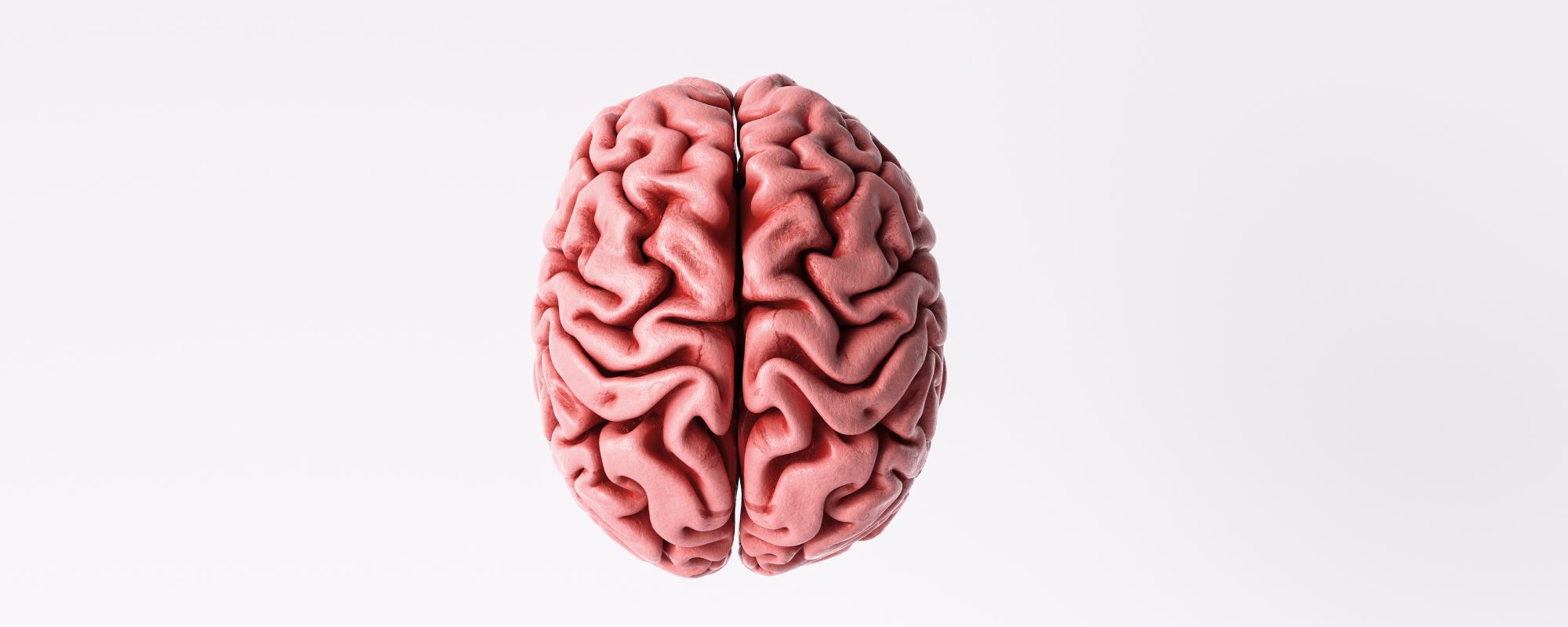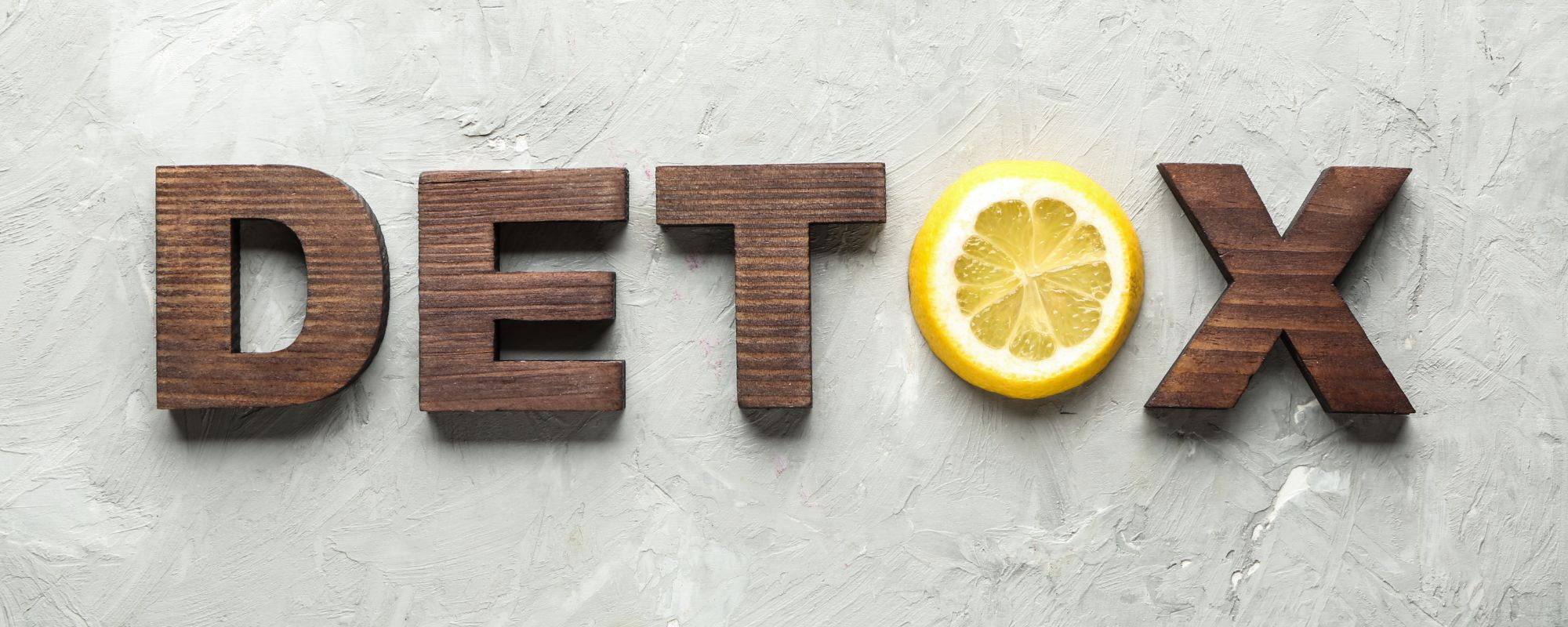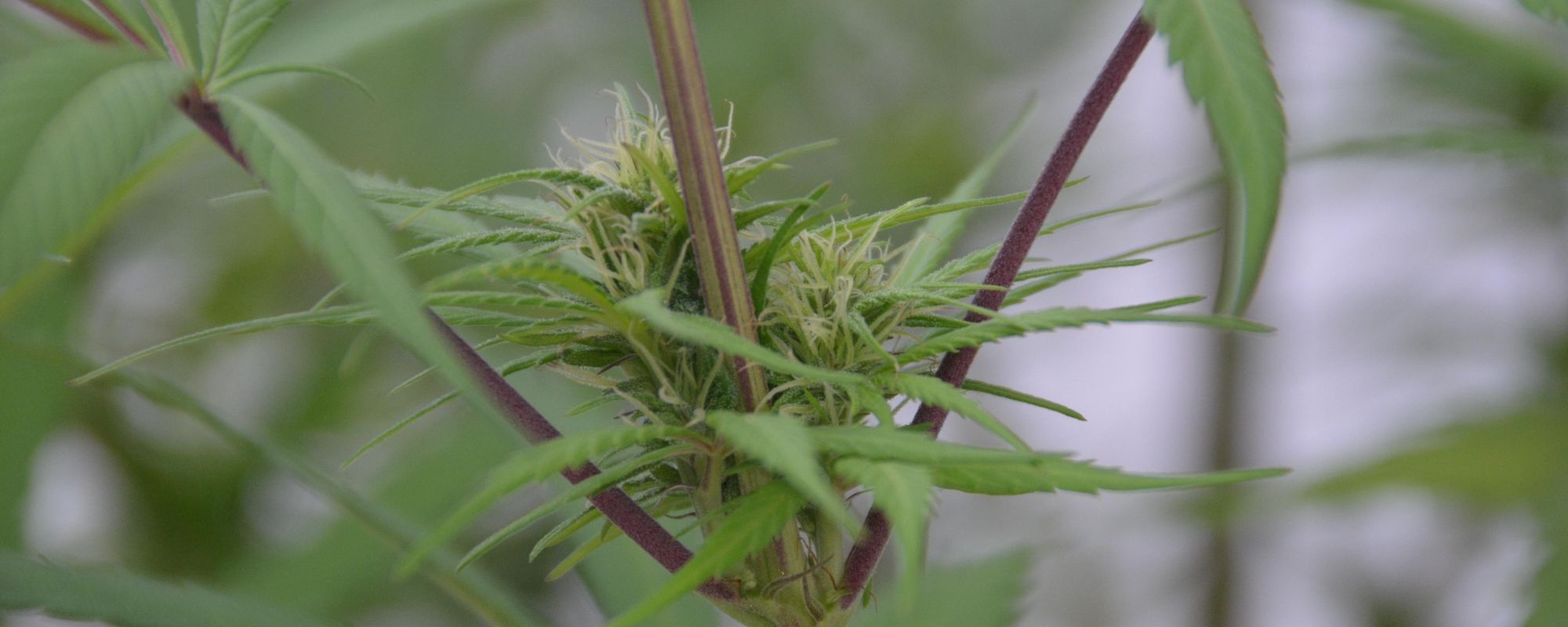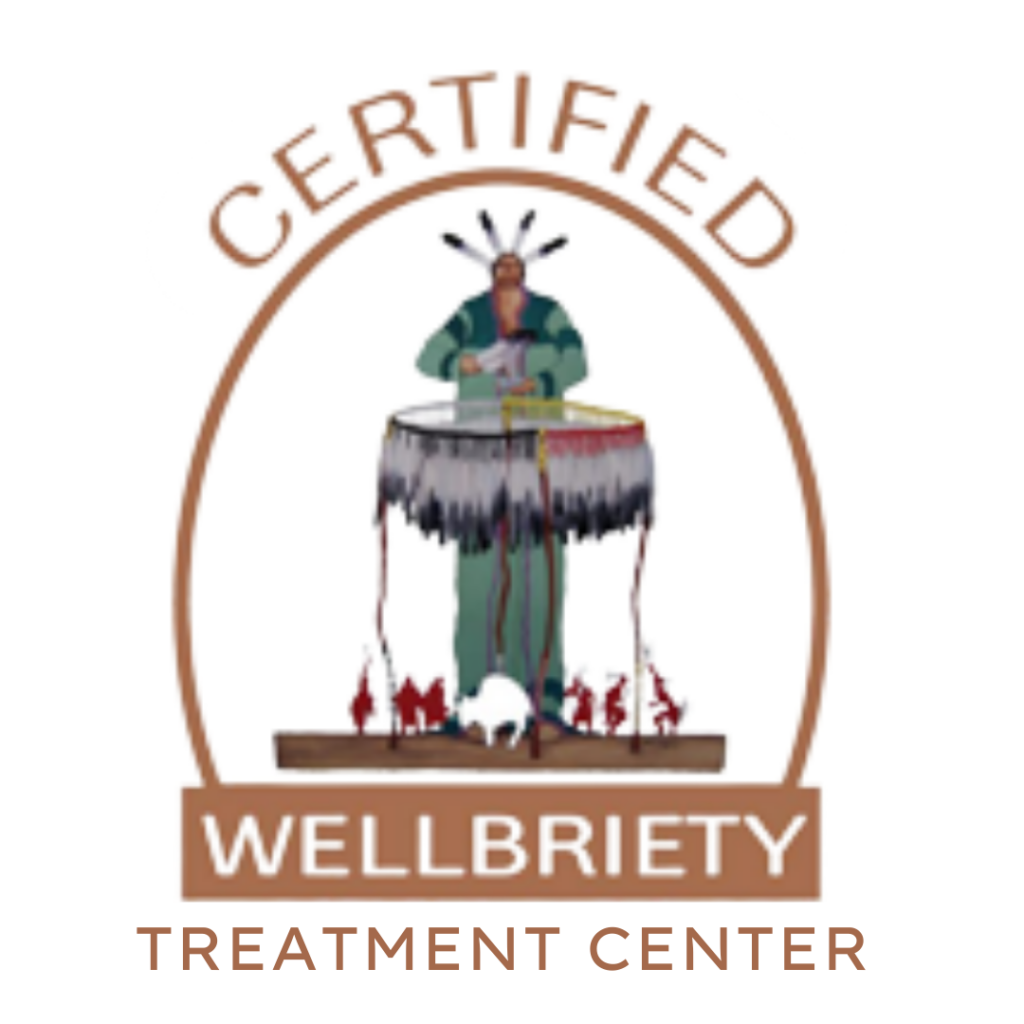A new study has found that LGBTQ (lesbian, gay, bisexual, transgender and questioning) teens are at least twice as likely as heterosexual teens to use cocaine, ecstasy, heroin, methamphetamine, and other illegal drugs. The study considered the sexuality and substance use habits of nearly 15,000 high school students; LGBTQ teens were 12 percent more likely to report any substance use and 27% more likely to report substance use in the last month.
The study also found that this group was more likely to try illegal drugs— specifically, three times more likely to try heroin or meth and twice as likely to try ecstasy or cocaine.
Stigma, isolation, and fear of coming out may make drugs appear an attractive coping mechanism for LGBTQ teens. As the number of teens identifying as sexual minorities rises— the Center for Disease Control and Prevention’s (CDC) National Youth Risk Behavior Survey found this increase to be nearly 15 percent— this could have further implications. With LGBTQ teens contemplating suicide at three times the rate of their heterosexual peers, and attempting suicide at five times the likelihood of these same peers, substance abuse could, indeed, be a gateway (CDC).
The survey found that one in seven U.S. high schoolers misused prescription opioids; in the midst of America’s opioid crisis, with over 115 Americans dying of overdose each day and opioid misuse rising at alarming rates, this is cause for concern.
Who else is at higher risk for substance abuse?
Young adults generally, but particularly young white males. The opioid epidemic is overwhelmingly white. A major study released last year found that young white men with lower levels of education and income saw the sharpest increase in heroin use and addiction. This could be related to prescription opioid abuse or the cheaper price of street drugs like heroin.
A 2013 report by the National Institute of Drug Abuse (NIDA), updated in 2015, found that drug use is highest among those in their late teens and 20s, nearly 23 percent of whom reported using an illegal drug in the last month. Rates of binge drinking in 2014 for those aged 21 to 25 were over 43 percent, according to the Substance Abuse and Mental Health Services Administration (SAMHSA).
Adolescents. In 2014, 1.3 million Americans aged 12 to 17 had a substance use disorder (SAMHSA).
Those with comorbidity. Those with mental health disorders such as anxiety and depression are also at higher risk for substance abuse, as these disorders often co-occur with substance use disorder. People with a mood or anxiety disorder are twice as likely to experience addiction and vice versa, according to the NIDA, whether due to self-medication, genetics, environment, or other factors.
The stigmas of addiction
The stigmatization of substance abuse often isolates those with a substance use disorder and may discourage them from seeking the help that they need. Some stigmas in the addiction world include:
- Believing addiction to be a choice, rather than a mental health disorder
- Believing that addiction is easily curable
- Believing that all addicts are criminals or have engaged in criminal behaviors
- Believing that addiction is genetics-based only
In reality, addiction is a chronic brain disease that may have many contributing factors. Additionally, no one type of individual fits the addiction prototype; the disease does not discriminate and can affect anyone and everyone, which is why breaking down existing stigmas is so important.
At Royal Life Centers at the Haven, we do not buy into stigmas— we believe that everyone, regardless of gender, sex, ethnicity, religion, and background, deserves the best addiction treatment. If you or a loved one has a substance use disorder, know that you have options. Please reach out to us for help and information about our medical detox program. We treat dependence on opioids, methamphetamine, cocaine, benzodiazepines, and alcohol. Our admissions team is available 24/7 at (877)-RECOVERY.
- How Drugs of Addiction Act on the Limbic System: The Brain’s Reward Circuit - June 17, 2025
- Alcohol Detox in Washington State: Everything You Need to Know - May 29, 2025
- 5 Truths About Dating in Recovery - May 15, 2025
























